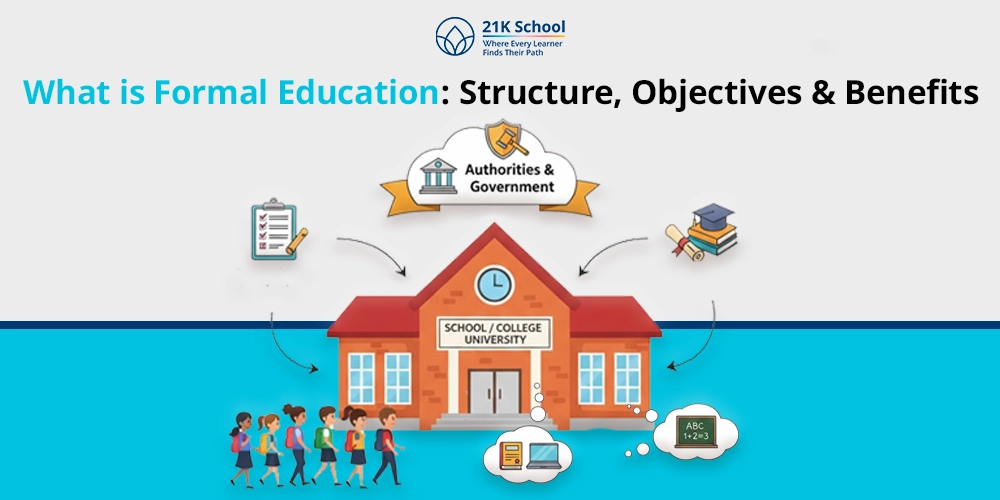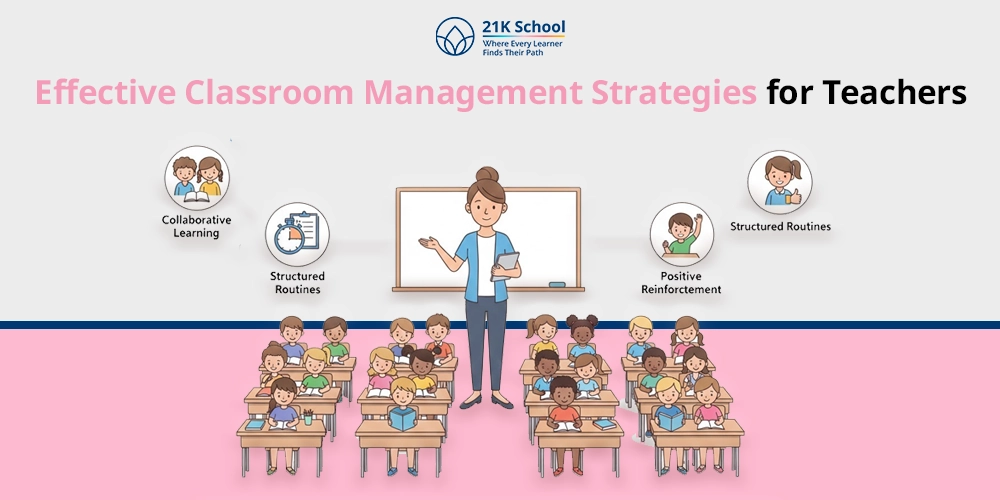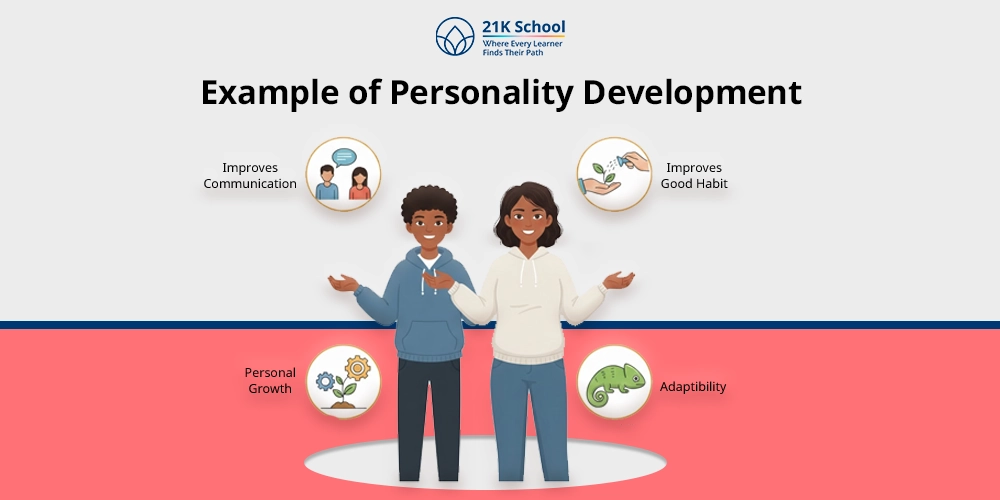
The selection of the right curriculum is the most important foundation stone for the schooling of your ward. As a parent, you might be concerned about getting a quality education for your children.
You might often spend a lot of time and research to evaluate and learn about different streams of teaching available.
Every country practises thoroughly developed curricula leading to various courses that will educate students to best address the social needs of tomorrow.
Here’s a comprehensive guide on how you can choose the right curriculum for your child:
Contents
Schooling
Parents need to evaluate the interests of their children right from their early stages of education, their preschool courses and the impact on their child’s future learning and development.
So first, identify your child’s learning style. Every child develops at their own pace, and the environment in which they thrive plays a crucial role in shaping their educational journey.
Montessori, Waldorf, Reggio Emilia, Playway and Multiple Intelligence are some of the most popular kindergarten courses offered in preschool programs in India.
Regardless of which preschool curriculum you choose, you should make sure that it enables your child to develop holistically and enhance their abilities in all areas.
When it comes to schooling, choosing the right school board is a challenging aspect, too. In the last few years, many new education systems have become popular in India.
Educational Boards
Over the past years, several new education systems have emerged to be popular in India.
Besides the two pioneer national-level educational boards, CBSE and ICSE, there are a couple of demanding international educational boards that have paved in for good.
The Cambridge International IGCSE and International Baccalaureate (IB) have become more popular among families having a global vision towards education.
1. Central Board of Secondary Education (CBSE)
CBSE is regulated and managed by the Central Government and follows a prescribed list of textbooks and courses. They follow predefined groups of subjects for both primary and secondary level schools.
They follow pre-set combinations of subjects for their primary and secondary school.
- Key-value: CBSE schools always work towards the goal of providing a stress-free education to the students by adopting innovative teaching methods with psychological and pedagogical principles.
- Schools: 24000 affiliated schools
- Subjects: 3 Streams
- Syllabus: Prescribed list of textbooks
- Compulsory Subjects: English
- Focus: Maths and Science focused.
- Evaluation criteria: Ability to memorise and recall concepts.
- Difficulty Level: Less in-depth concepts, more scoring.
- Applicability: Syllabus mapped for scoring in entrance exams.
2. Council for the Indian School Certificate Examinations (CISCE)
Best suited to students looking for overall grooming and language skills development.
- Key-value: Promote education through the English medium by conducting school examinations in science, literature, fine arts and dissemination of useful knowledge.
- Schools: Over 2300 schools
- Subjects: 3 Streams and the option to additional subjects
- Syllabus: Prescribed textbooks
- Compulsory Subjects: English, SUPW.
- Focus: More focus on English. Equal focus on Humanities, Commerce and Sciences.
- Evaluation criteria: Ability to memorise and apply concepts.
- Difficulty Level: Advanced concepts, Strict scoring.
- Applicability: Language skills and overall intellectual development.
3. Cambridge Assessment International Education School board (IGCSE)
Most schools are affiliated with Cambridge International, affiliated with Cambridge University and offer courses ranging from elementary, lower secondary and higher secondary to advanced level. They lay the educational pathway to educational success for students aged 5-19.
- Key-value: IGCSE prepares schoolchildren for life, helping them develop an informed curiosity and a lasting passion for learning. CAIE (Cambridge University Press & Assessment) has optional assessments decided by each school for primary years.
- Schools: Over 400 schools qualifications in India, including IGCSE Online schools.
- Subjects: Flexible, from 70 options
- Syllabus: Only Recommended readings (no prescribed textbooks).
- Compulsory Subjects: Global perspective and Research.
- Focus: Equal focus on Humanities, Commerce, Sciences and languages.
- Evaluation criteria: Ability to understand, explore, analyse and apply concepts.
- Difficulty Level: Standards assessed all year round on a variety of criteria, quite demanding.
- Applicability: Global career opportunity and foreign university recognition.
4. International Baccalaureate (IB)
A prestigious, non-profit educational organisation offering high-quality programs for children between the ages of 3 and 19. Though a bit costly, it is preferred by foreign university students.
- Key-value: It focuses on analytical skills, language, art and humanity. The IB aims to create global citizens.
- Schools: 201 IB World Schools and the IB Diploma is taught at 150 schools.
- Subjects: 1 subject each from 6 groups.
- Syllabus: Prescribed textbooks + Recommended readings.
- Compulsory Subjects: Creativity, Activity, Service (CAS), Extended Essay (EA), Theory of Knowledge (TOK).
- Focus: Identical focus on Humanities, Commerce, Sciences and languages.
- Evaluation criteria: Ability to understand, interpret, analyse and apply concepts.
- Difficulty Level: Written tests and several assessment checks, demanding curriculum.
- Applicability: Global career prospectus and higher studies overseas.
5. State Board
Every state has its own education department that decides the curriculum and regulates the exams.
Schools that follow the state board follow the textbooks, system of education and assessment procedures that are completely defined by the state education board, as directed by SCERT (State Council of Educational Research & Training).
- Key-value – The good sides count affordability, extracurricular activities, family time and learning the official language of the state.
Choosing Between the Boards
International education boards offer a comprehensive approach to education to help students develop both disciplined and multi-disciplinary needs.
For example, the curriculum design for CAIE and IB provides students with applied skills in future dealings, such as cultural awareness, compassion, and high-level thinking.
Generally, schools have the flexibility to design curricula that address the social and educational needs of students.
Renowned international curricula such as the IB and CAIE aim to provide students with a global perspective by offering activity-based courses that foster professional skills and strong communication abilities.
In comparison, state boards and the CBSE focus more on academic rigor and theoretical knowledge. Both CBSE and ICSE follow systems that are deeply rooted in historical and cultural traditions.
The Final Say
There is no one-size-fits-all curriculum when it comes to a child’s education. A child who excels in one educational system may not perform as well in another.
Therefore, it is essential to understand your child’s individual needs and identify a curriculum that aligns with their interests, strengths, and long-term goals.
At 21K School , we recognize the value of your child’s needs and that’s why we furnish transparent quality education through the curriculum that you think is the perfect fit for your child.



